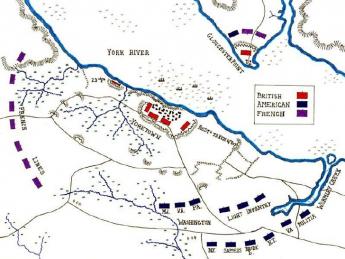Related Topics
Right Angle Club 2017
Dick Palmer and Bill Dorsey died this year. We will miss them.
De-Globalization: Is It Real? Compared With War, Is It Cheap?

|
| GIC Logo |
The GIC (Global Interdependence Center) recently held its 35th annual Monetary and Trade Conference, at the Gerri LeBow Hall of Drexel University. Its topic was globalization, and as usual, the conference was outstanding. The conclusion of six prominent economists was that globalization may or may not be a good thing, but the unanimous feeling was announced that economists think it is declining.
That about ended the unanimity, because opinion is quite divided about whether this is a permanent thing or a temporary one, whether globalization will soon return or go away, and what caused it. This disappointing confusion seems to be the result of specialization because the economists were also quite reluctant to discuss those aspects. War is the business of Generals and Admirals, annexation belongs to the State Department, and hegemony is the province of politicians. Quite possibly it reflects the Washington reaction to the unexpected election of President Trump, who declared himself an Economic nationalist after a decade of presidential encouragement of international trade.

|
| Maynard Keynes |
For one thing, the most influential economics book since World War I was Maynard Keynes' "The Economic Consequences of the Peace", which beside permanently besmirching the Treaty of Versailles, is said to have created the "science" of Macroeconomics. To contend that Versailles had nothing to do with the post-war famines and the crash of 1929, would be quite a reversal of attitudes within the economic profession. One would certainly hope we do not return to the attitude of Franklin Roosevelt, who is reported to have said, "I don't understand a word the man is saying, but we must do Something. "

|
| Battle of Yorktown |
. For example, I do not expect any respectable man to proclaim that war is a better way to globalize trade than negotiation is, but at least we can quantify the matter in economic terms by defining how much more it costs to go to war than to negotiate trade terms, or even how much it has cost annexing nations to do it their way, as distinguished between other ways. And since trade negotiations will continue before, during and after a war, perhaps it would be possible to judge whether going to war is least costly at certain stages of the economy and whether it is better to win than to lose a war. The answers may seem self-evident, but even then it might affect behavior to estimate the quantity of the effect needed. This is particularly true about such issues as the one Keynes was describing, the cost of the loss of the British Empire. Here and there, the effects measured might differ from the conventionally expected ones. And the passage of time may change the opinion. For example, the French fleet hurried up the battle of Yorktown, because it was judged the Caribbean Island of Jamaica was economically more important than the measly thirteen colonies. How long does one suppose that attitude remained justified? Turning in another direction, what were the relative consequences of the Second World War, and the European Union? Or, the Persian Gulf War and the Invasion of Iraq? We seem to need a new book by Keynes or his like, about the Economic Consequences of All Wars.It doesn't seem to be economics which is expensive, it is lack of strength. As George Washington said, "If you are strong, people will leave you alone."
Originally published: Sunday, April 23, 2017; most-recently modified: Thursday, May 16, 2019